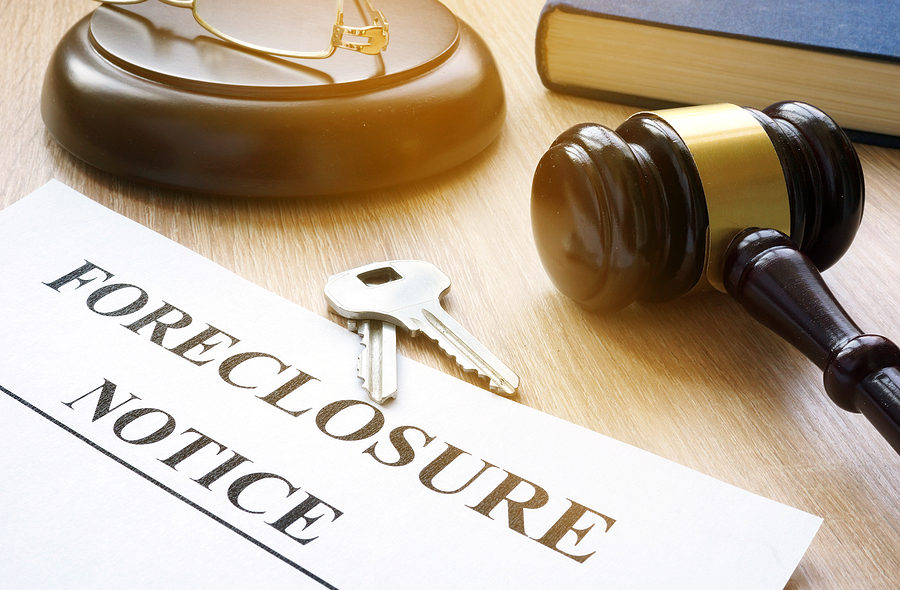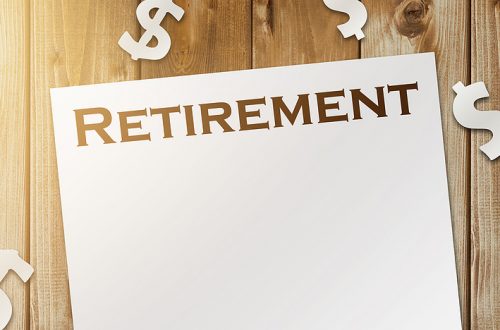Many times, consumers facing a foreclosure fear what the proceeding will do to their credit scores. Will a foreclosure prevent them from receiving financing in the future? Will it hurt their chances of purchasing a home again in the future? While the effects of foreclosure can be far-reaching, it does not mean that all hope is lost for that person ever owning a home, again.
The good news is that even though a foreclosure will almost certainly have a negative effect on a person’s credit score, rebuilding your credit score can start immediately after.
How a foreclosure affects someone’s credit depends largely on what that person’s credit score was before the foreclosure hit his or her credit report. If a person has a relatively high score, it is likely that he or she will see more of a negative impact.
According to a report from FICO, a credit scoring agency, a consumer should generally expect to see his or her score drop by 100 or more points after the start of a foreclosure case. FICO also found that it can take anywhere from seven to ten years for that person’s score to fully recover. After that length of time, normally the foreclosure falls off the person’s credit report.
If a foreclosure case does not fall off a consumer’s credit report after seven years, it is possible this is due to error, and a consumer can report this to the credit reporting agency, directly.
The seven-year timeline should not prevent the consumer from taking the necessary steps needed to rebuild his or her credit score. This can be done by paying bills on time. Payment history is one of the biggest factors affecting credit scores. To rebuild his or her credit score, the consumer will want to show a consistent track record of making on-time payments.
Another way to improve a credit score is to use 30 percent or less of the consumer’s credit limit. This factor is also known as credit utilization, and it plays a large factor in determining a person’s credit score. The lower a consumer’s credit utilization, the better his or her credit score will be.
Other methods can be used to improve a consumer’s credit, such as temporarily using a secured credit card to show improvement in payment history or working with a credit counselor. It is important, however, that the consumer properly vet the credit counseling agency to ensure that the entity is legitimate and has a good history of working with consumers.
Please click here to read more.
Choosing the right attorney can make the difference between keeping your home or losing it in foreclosure. A well-qualified Miami foreclosure defense attorney will not only help you keep your home, but they will be able to negotiate a loan that has payments you can afford. Miami foreclosure defense attorney Timothy Kingcade has helped many facing foreclosure alleviate their stress by letting them stay in their homes for at least another year, allowing them to re-organize their lives. If you have any questions on the topic of foreclosure, please feel free to contact me at (305) 285-9100. You can also find useful consumer information on the Kingcade Garcia McMaken website at www.miamibankruptcy.com


